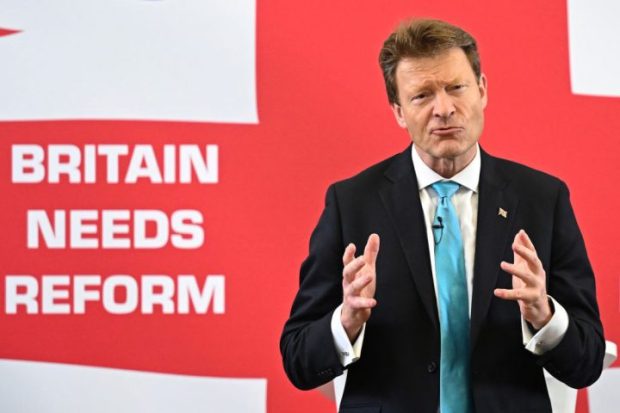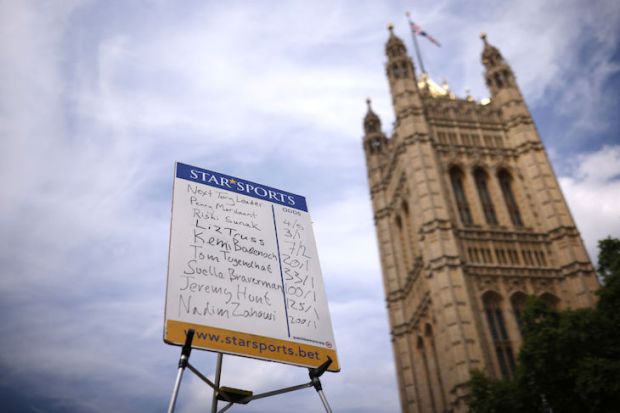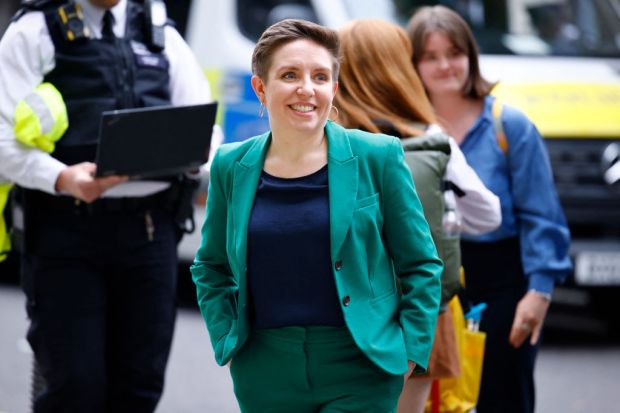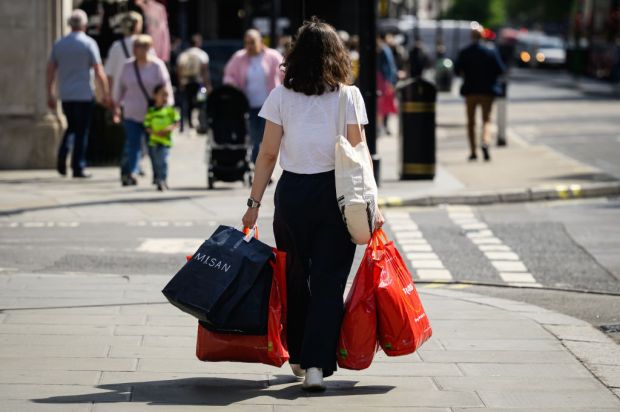Just why is Chris Skidmore’s review into the government’s target to achieve net zero carbon emissions by 2050 called an ‘independent’ review? It somewhat stretches the definition of the word ‘independent’.
Skidmore was the very minister – the Energy and Clean Growth Minister – who pushed the net zero commitment through the House of Commons in the first place in 2019.
Already a subscriber? Log in
Subscribe for just $2 a week
Try a month of The Spectator Australia absolutely free and without commitment. Not only that but – if you choose to continue – you’ll pay just $2 a week for your first year.
- Unlimited access to spectator.com.au and app
- The weekly edition on the Spectator Australia app
- Spectator podcasts and newsletters
- Full access to spectator.co.uk
Or





















Comments
Don't miss out
Join the conversation with other Spectator Australia readers. Subscribe to leave a comment.
SUBSCRIBEAlready a subscriber? Log in